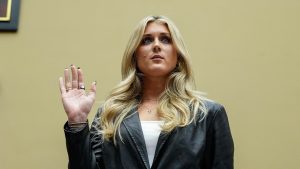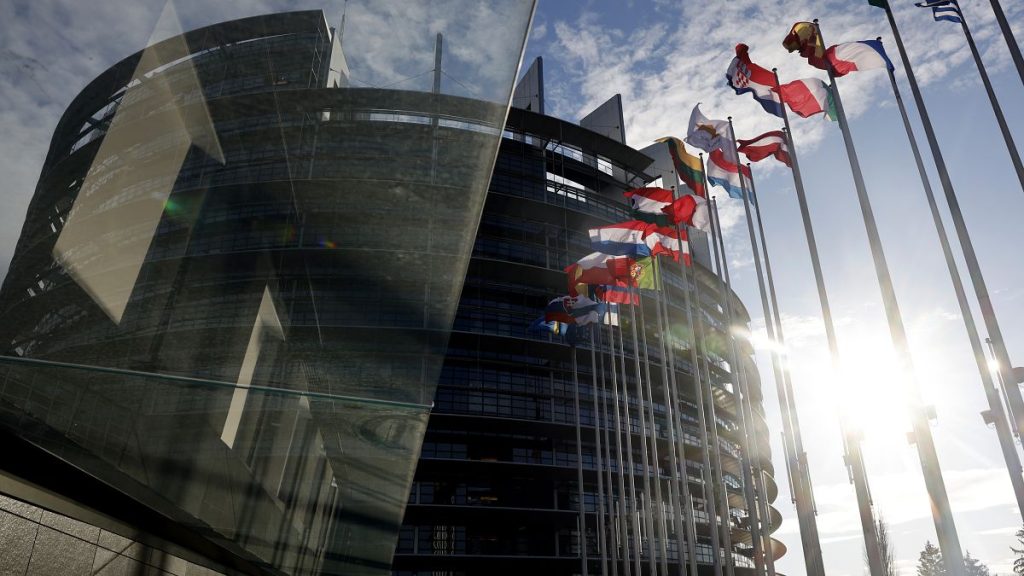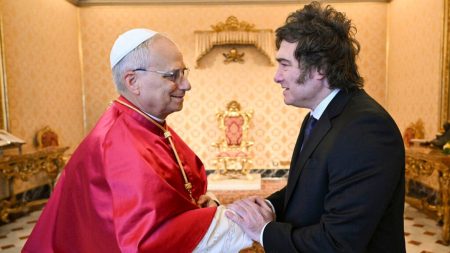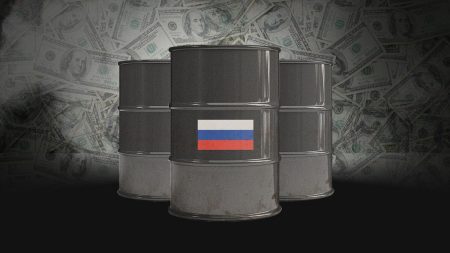A recent investigation by Transparency International EU has shed light on the substantial outside income earned by a significant portion of Members of the European Parliament (MEPs). The study reveals that approximately 30% of the 720 MEPs supplement their official salaries with external earnings, collectively amassing over €6.3 million annually. These supplementary incomes arise from a variety of sources, including work for agricultural lobby groups, automotive consultancies, and prominent financial institutions, raising concerns about potential conflicts of interest between their private ventures and their public duties as lawmakers. Gheorghe Piperea, a Romanian MEP, leads the pack with an estimated annual outside income of €657,000, predominantly derived from his law firm. This substantial sum is in addition to the standard MEP benefits, which include a base salary of €124,000, an expenditure allowance of €59,400, and an attendance allowance typically amounting to €52,800.
While MEPs are permitted to hold outside employment, they are obligated to publicly disclose these activities, a requirement strengthened following the Qatargate lobbying scandal. However, Transparency International’s primary concern lies not with the magnitude of these earnings but rather with the potential for these external engagements to influence their parliamentary work. Internal regulations prohibit MEPs from engaging in paid lobbying, but the ambiguity of this rule leaves interpretation and enforcement open to individual discretion, effectively allowing MEPs to self-assess potential conflicts of interest. The organization points to specific examples, such as German MEPs Stefan Köhler and Christine Singer, who receive thousands of euros monthly from the Bavarian Farmers’ Association while serving on the Parliament’s agriculture and environment committees. Similarly, Czech MEP Filip Turek earns €10,000 per month as an automotive consultant while also actively participating in parliamentary discussions on the automotive sector.
Some MEPs defend their outside activities, arguing that maintaining connections to the “real world” is crucial for effective representation. Laurent Castillo, a French MEP and doctor, emphasizes the importance of remaining grounded and connected to his constituents, stating that his medical practice doesn’t conflict with his parliamentary work on health policy. Similarly, Monika Hohlmeier, a German MEP with significant outside income from an agriculture and energy company, argues that MEPs should not be isolated in an “ivory tower” but should engage with business and society. Charles Goerens, a Luxembourg MEP with financial sector ties, asserts that his outside work does not interfere with his parliamentary duties, which focus on agriculture and constitutional affairs, not finance.
However, Transparency International questions the validity of these justifications, highlighting that MEPs can influence policy through questions and lobbying colleagues, even outside their designated committee assignments. The organization advocates for stricter regulations, including proactive verification of declared outside earnings by the European Parliament or an independent body, and the implementation of sanctions for breaches of the code of conduct. Raphaël Kergueno, a senior policy officer at Transparency International EU, stresses the need for a more robust framework to ensure transparency and prevent potential conflicts of interest. He emphasizes the importance of independent oversight and enforceable penalties to uphold ethical standards within the European Parliament.
This is not the first time Transparency International has investigated MEPs’ outside income. A previous report in May identified Lithuanian MEP Viktor Uspaskich as having the highest declared outside earnings, primarily from a company with substantial Russian property interests. Uspaskich has since left the Parliament and is currently under investigation for alleged fraudulent payments. The current report highlights the persistent issue of potential conflicts of interest arising from MEPs’ outside activities, underscoring the need for greater transparency and stronger regulatory oversight.
The recurrence of this issue, despite increased scrutiny and revised regulations following scandals like Qatargate, underscores the systemic nature of the problem. While the European Parliament has taken steps to enhance transparency, the current framework remains inadequate. The lack of independent verification and enforceable sanctions allows potential conflicts of interest to persist, undermining public trust in the integrity of the legislative process. Transparency International’s call for stronger regulations is a crucial step towards ensuring that MEPs’ outside activities do not compromise their parliamentary duties and that the European Parliament operates with the highest ethical standards. The ongoing debate highlights the delicate balance between allowing MEPs to maintain outside expertise and preventing undue influence by external interests. Finding the right balance is crucial for ensuring the integrity and effectiveness of the European Parliament.










